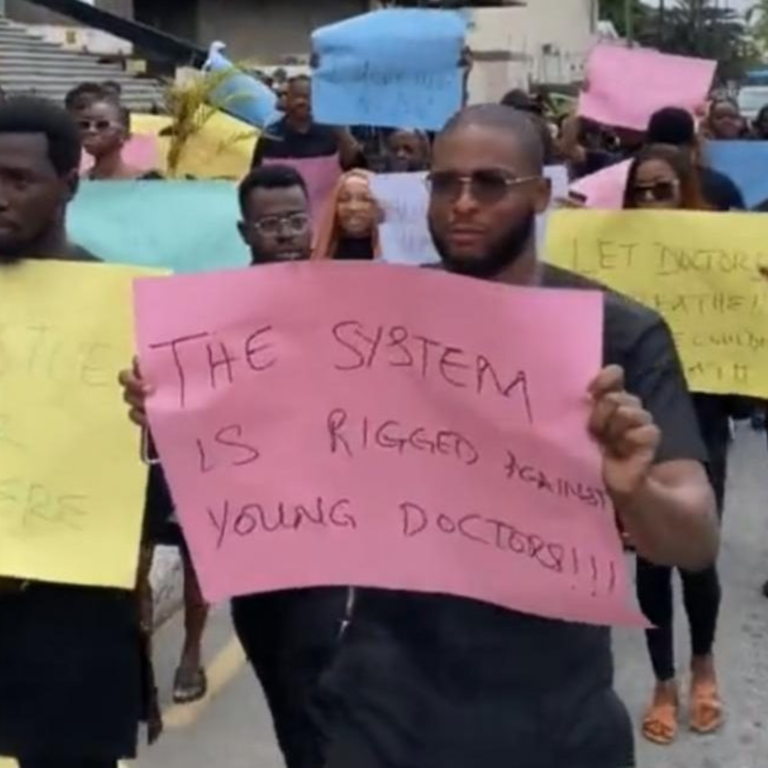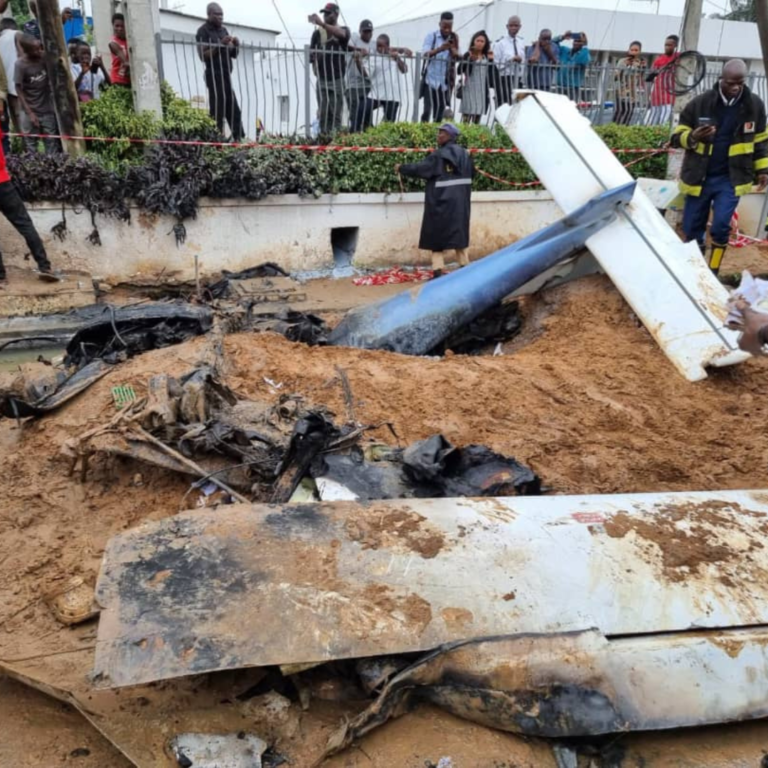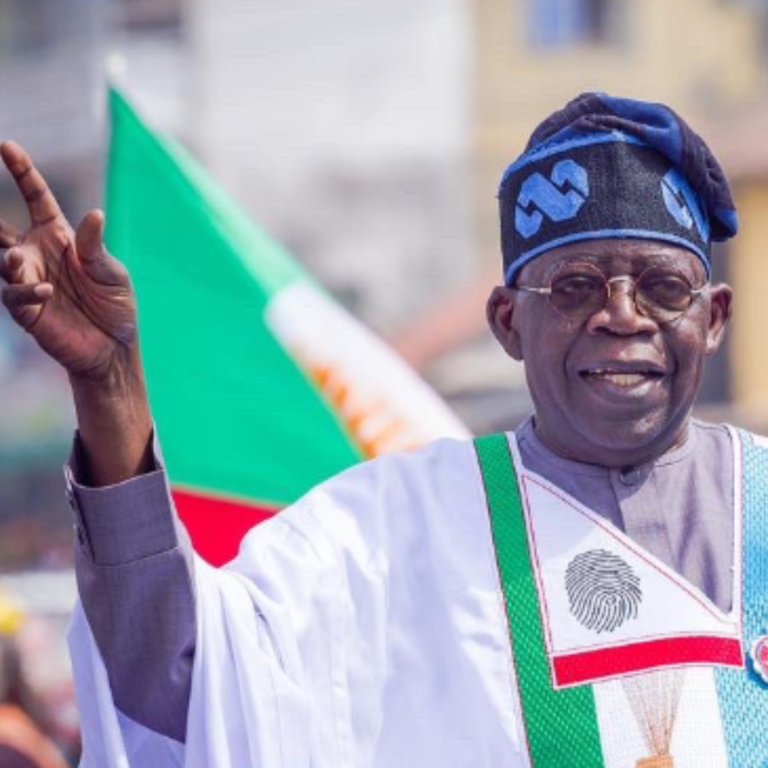On March 29, 2023, the Department of State Services (DSS) revealed in a statement that they’d identified a plot by some key players to install an interim government.
They also mentioned that these key players are using protests and petty injunctions to delay the inauguration of newly elected lawmakers, and they’d be monitoring the situation closely.
This information has gotten mixed reactions so far. Some people think the DSS should do their job secretly and arrest these “key players”, while others believe the state service is using this as a scare tactic.
Regardless of the DSS’s plan, we’re going to break down everything you need to know about interim governments.
What is an interim government?
Some examples of countries that have had interim governments are Ethiopia (1991-1995), the Democratic Republic of Congo (2003-2006) and Eritrea (1993).
Nigeria has had an interim government too
The annulment of the June 12, 1993, presidential elections by General Ibrahim Babaginda, then Nigeria’s Head of State, led to riots, particularly in the South West. Eventually, Gen. Babaginda stepped down from his position as Head of State and installed Ernest Shonekan as head of the Interim National Government (ING) on August 27, 1993.
Ernest Shonekan, as head of the ING, was to oversee Nigeria’s return to democracy, but his government lasted less than three months. On November 17, 1993, he was forced to resign, and General Sani Abacha became Head of State.
People favouring an interim government argue it would help Nigeria’s restructuring goal. And having a provisional government for six months after President Buhari’s administration would give enough time for a newly improved Nigerian constitution.
But while there is indeed a need for restructuring in Nigeria, handing over to an interim government is impossible solely for this reason:
It’s undemocratic and unconstitutional
According to Section 135 of the Nigerian constitution, after the end of a four-year administration, or eight years in case of a second term, a president cannot extend his stay in power even by one day. Although Section 135 (3) of the constitution permits an interim government where the country’s at war and cannot hold elections
Installing an interim government would set us backwards by decades and might permanently alter Nigeria’s fragile democratic peace.




